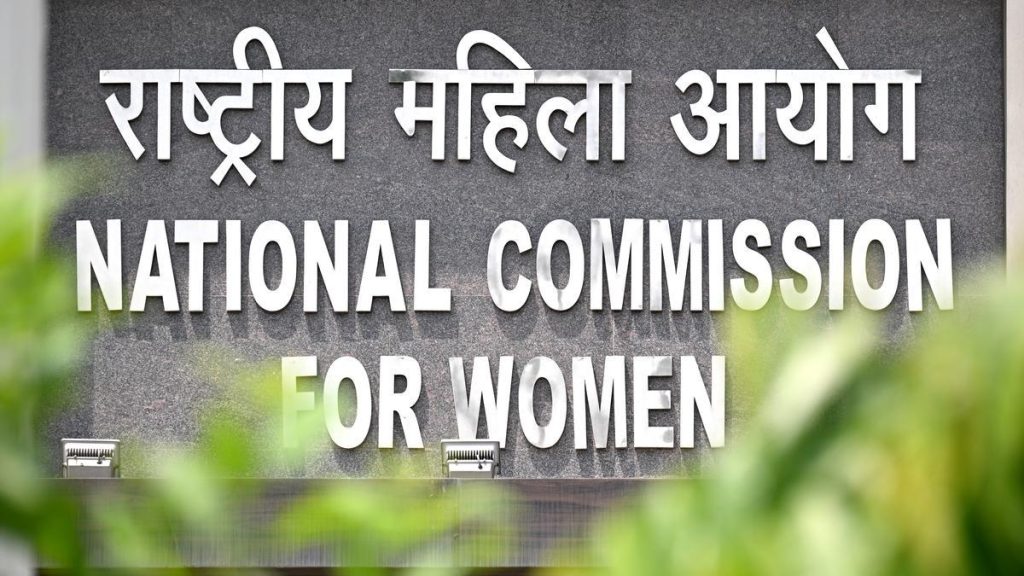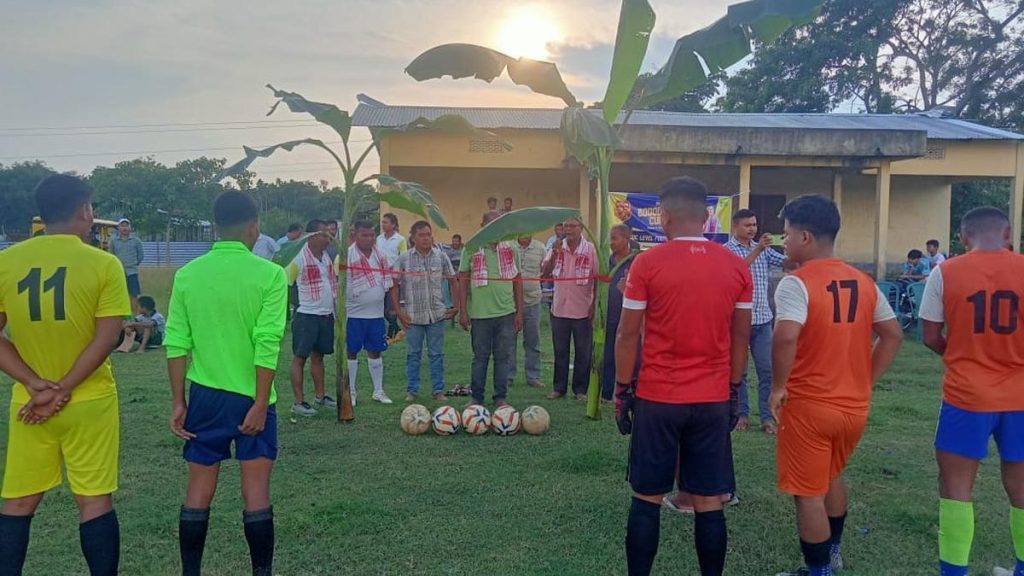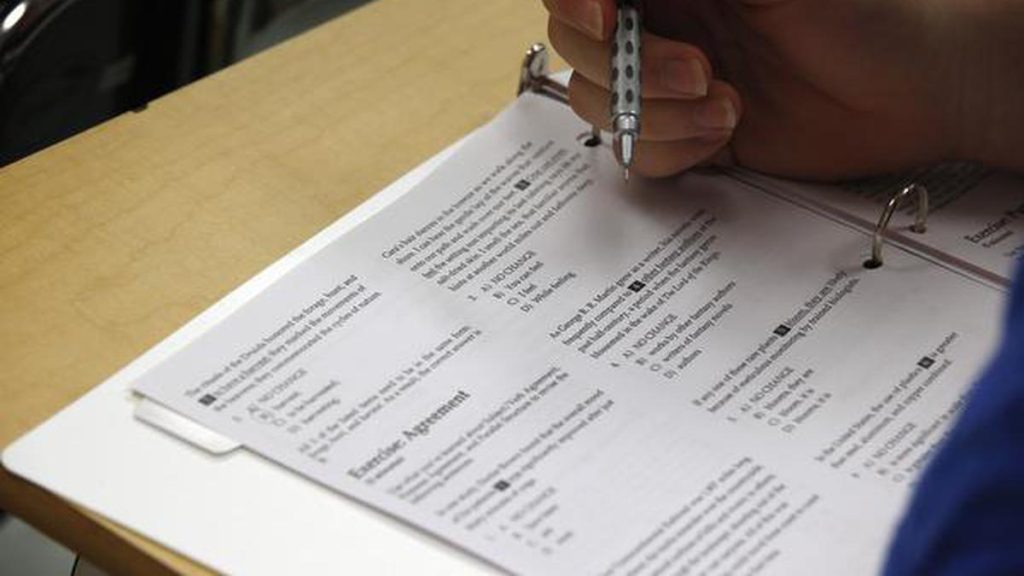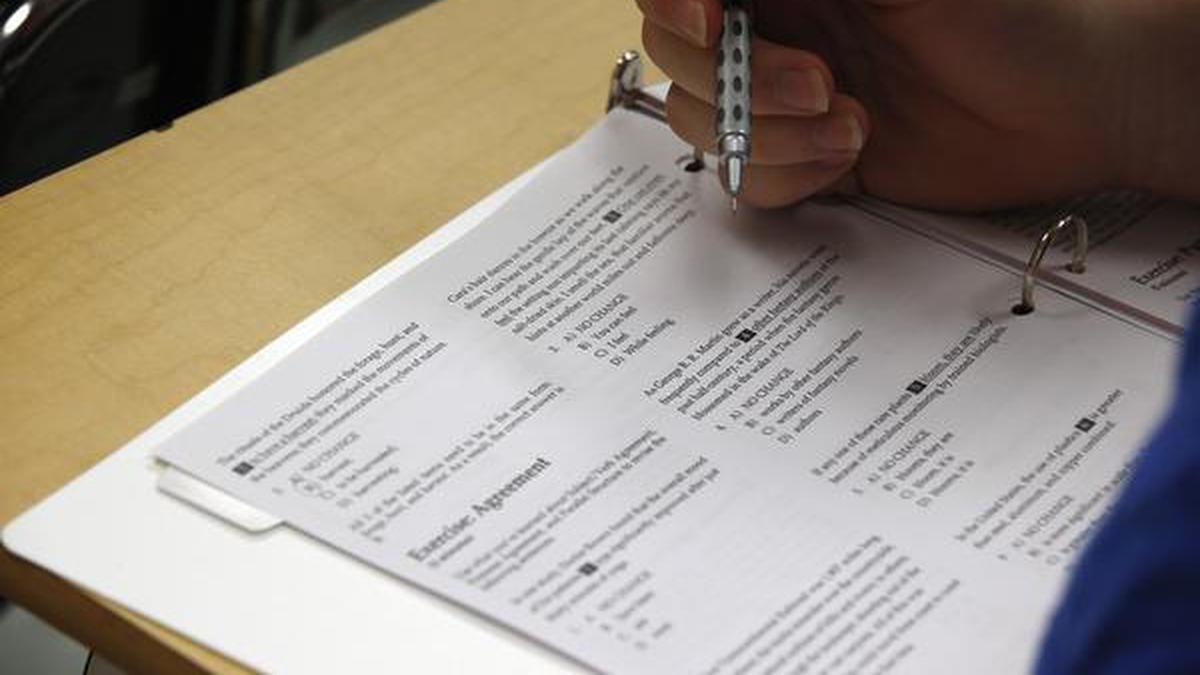Now Reading: Village Councils in Assam’s BTR Nurturing Sports Talent
-
01
Village Councils in Assam’s BTR Nurturing Sports Talent
Village Councils in Assam’s BTR Nurturing Sports Talent
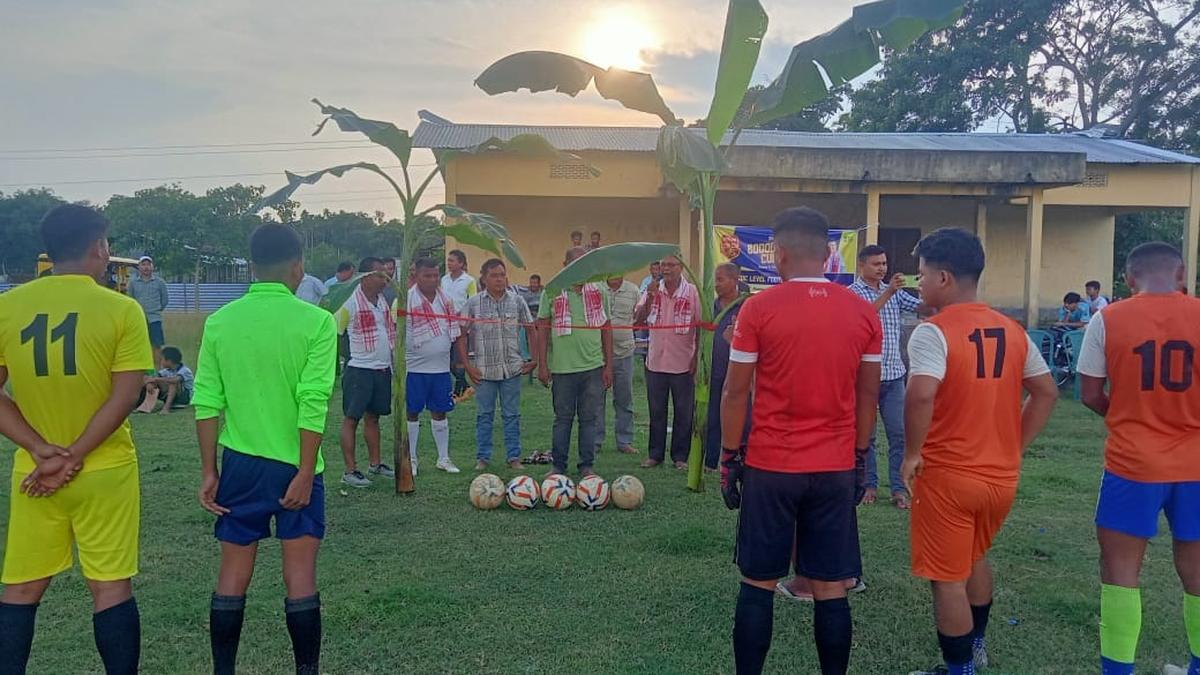
Swift Summary
- The Bodoland Territorial Region (BTR) in Assam has initiated efforts to position itself as a grassroots sports hub through the involvement of Village Council Progress Committees (VCDCs).
- A football festival, the first multi-tiered Bodoland Chief Executive Member Cup, was organized, engaging 3,760 teams and 67,680 players (nearly half being girls and women).
- The competition aimed for wide accessibility and inclusivity across all five BTR districts: Baksa, Chirang, Kokrajhar, Tamulpur, and Udalguri.
- The initiative aligns with community outreach by integrating modern sports infrastructure with local festivities of indigenous cultures while fostering gender inclusivity.
- Key infrastructure projects include a ₹180 crore sports academy in Udalguri and specialized facilities like the High-Performance Sports Training and Rehabilitation Center in Kokrajhar.
- BTR’s history of extremism had previously hindered development but is being addressed through collaboration among local governance bodies and state/Central agencies.
indian Opinion Analysis
The Bodoland Territorial Region’s grassroots push for sporting excellence reflects strategic socio-economic planning. By combining inclusive participation from diverse ethnic groups with large-scale infrastructure investments such as FIFA-standard football grounds or rehabilitation centers, BTR aims to address past challenges tied to communal tensions. Encouraging women’s involvement adds a progressive dimension that coudl help reshape customary norms.
This approach offers potential long-term benefits: mitigating past violence through shared pride in athletic endeavors while positioning BTR on India’s sports map. However, sustained funding and institutional partnerships will be critical for translating localized efforts into national impact beyond immediate successes like high turnout at tournaments.
Read more: Original Article


